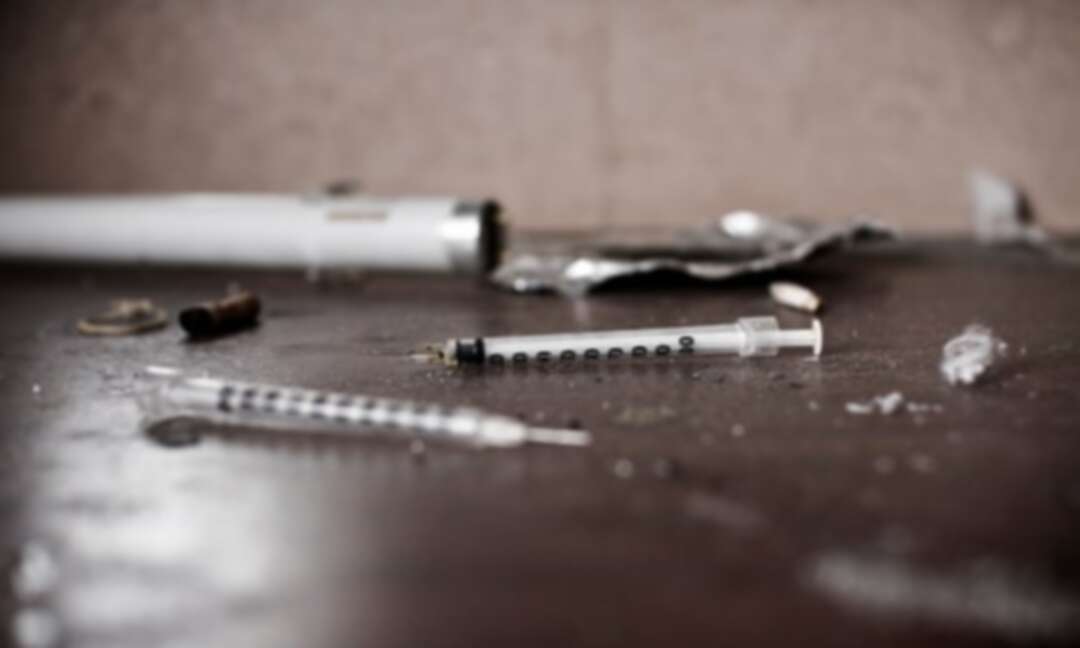-
Ministers spurned drug tsar's guidance of £900m funding to tackle misuse

Exclusive: leaked emails show government dismissed funding plea before £80m announcement
The government’s drug tsar told ministers they should find £900m for treatment to tackle drug misuse, the Guardian has learned, before just £80m was announced this week.
On Tuesday Boris Johnson lauded a series of newly announced measures, including £80m for an increase in drug treatment, seen as vital to help break the cycle of drugs and crime but criticised by experts for being “a drop in the ocean”.
An email seen by the Guardian shows that the drugs tsar, Prof Dame Carol Black, appointed by the government to investigate how best to tackle drugs and violence, had recommended that much greater investment was needed.
In the email in December discussing the government’s drug’s initiative, a senior public health official analysed Black’s thinking, saying: “Her recommendation for the 21/22 SR
Increasingly, police, as well as public health officials, see treatment as boosting the chances of reducing drug-linked crime and violence rather than relying on the criminal justice system. But treatment services have faced years of cuts.
The email was written by Rosanna O’Connor, director of alcohol, drugs and tobacco at Public Health England. It was sent to senior chiefs within the agency, including interim chief executive Michael Brodie, as discussions with government ended and those involved waited for a date to be set for the public announcement.
In the email marked “Official: A HEADS UP – Drugs additional £80 mill”, O’Connor wrote: “Whilst the money is only for one year, the framing narrative is expected to mark the beginning of longer-term cross-government work to tackle drug misuse.
“We know that the Dame Carol Black will be reinforcing the need for increased investment and better local partnership working, and that her recommendation for the 21/22 SR
Nick Thomas-Symonds, the shadow home secretary, said: “It is deeply worrying that the government’s own lead adviser on drugs feels this policy falls so far short of the mark. This is yet another example of Conservative incompetence – they are failing to rise to the scale of the challenge and ultimately people’s safety will be put at risk.”
Niamh Eastwood of Release, which campaigns on drugs policy, said: “
Black was appointed in 2019 to review how drugs fuel violence. She had previously provided expert advice to the government on the impact of drug addiction.
In her first report for the government last year, Black stressed the importance of treatment and how it had been decimated by funding cuts, saying: “Spending on treatment has reduced significantly because local government budgets have been squeezed and central government funding and oversight has fallen away.
“A prolonged shortage of funding has resulted in a loss of skills, expertise and capacity from this sector.” She is now working on a second part of the report.
In the government press release announcing the £80m funding, Black is quoted as saying she was delighted by the extra money: “Drug treatment has a vital role to play in helping people to come off drugs and thereby reduce crime, from minor acquisitive crime right through to homicide. The evidence for this is abundantly clear – drugs drive crime.”
A government spokesperson said: “This government has provided £80m in additional funding – the largest increase to drug treatment funding in 15 years and underlines our absolute commitment to reduce drug-related deaths, offending and use.
“The additional funding will open up more places for more offenders to break the cycle of repeated drug-related crime.”
source: Vikram Dodd
Levant
You May Also Like
Popular Posts
Caricature
BENEFIT Sponsors BuildHer...
- April 23, 2025
BENEFIT, the Kingdom’s innovator and leading company in Fintech and electronic financial transactions service, has sponsored the BuildHer CityHack 2025 Hackathon, a two-day event spearheaded by the College of Engineering and Technology at the Royal University for Women (RUW).
Aimed at secondary school students, the event brought together a distinguished group of academic professionals and technology experts to mentor and inspire young participants.
More than 100 high school students from across the Kingdom of Bahrain took part in the hackathon, which featured an intensive programme of training workshops and hands-on sessions. These activities were tailored to enhance participants’ critical thinking, collaborative problem-solving, and team-building capabilities, while also encouraging the development of practical and sustainable solutions to contemporary challenges using modern technological tools.
BENEFIT’s Chief Executive Mr. Abdulwahed AlJanahi, commented: “Our support for this educational hackathon reflects our long-term strategic vision to nurture the talents of emerging national youth and empower the next generation of accomplished female leaders in technology. By fostering creativity and innovation, we aim to contribute meaningfully to Bahrain’s comprehensive development goals and align with the aspirations outlined in the Kingdom’s Vision 2030—an ambition in which BENEFIT plays a central role.”
Professor Riyadh Yousif Hamzah, President of the Royal University for Women, commented: “This initiative reflects our commitment to advancing women in STEM fields. We're cultivating a generation of creative, solution-driven female leaders who will drive national development. Our partnership with BENEFIT exemplifies the powerful synergy between academia and private sector in supporting educational innovation.”
Hanan Abdulla Hasan, Senior Manager, PR & Communication at BENEFIT, said: “We are honoured to collaborate with RUW in supporting this remarkable technology-focused event. It highlights our commitment to social responsibility, and our ongoing efforts to enhance the digital and innovation capabilities of young Bahraini women and foster their ability to harness technological tools in the service of a smarter, more sustainable future.”
For his part, Dr. Humam ElAgha, Acting Dean of the College of Engineering and Technology at the University, said: “BuildHer CityHack 2025 embodies our hands-on approach to education. By tackling real-world problems through creative thinking and sustainable solutions, we're preparing women to thrive in the knowledge economy – a cornerstone of the University's vision.”
opinion
Report
ads
Newsletter
Subscribe to our mailing list to get the new updates!






















